Do GPU Brands Matter – A Comprehensive Guide!
When it comes to choosing a graphics card, the brand often becomes a pivotal consideration for gamers, designers, and tech enthusiasts. The market is filled with various GPU brands, each offering its own set of features, performance capabilities, and support.
But does the brand really make a difference? In this detailed guide, we’ll explore why GPU brands matter, what influences GPU performance, and how brand-specific features can impact your overall experience.
Understanding GPU Brands and Their Importance:
Graphics Processing Units (GPUs) are essential components in modern computers, crucial for rendering images, videos, and handling complex computations. The brand of the GPU can influence not just performance but also reliability, support, and value for money. Major GPU brands like NVIDIA and AMD have established themselves as leaders in the market, but within these brands, there are various manufacturers and models with differing attributes.
Why GPU Brands Matter:
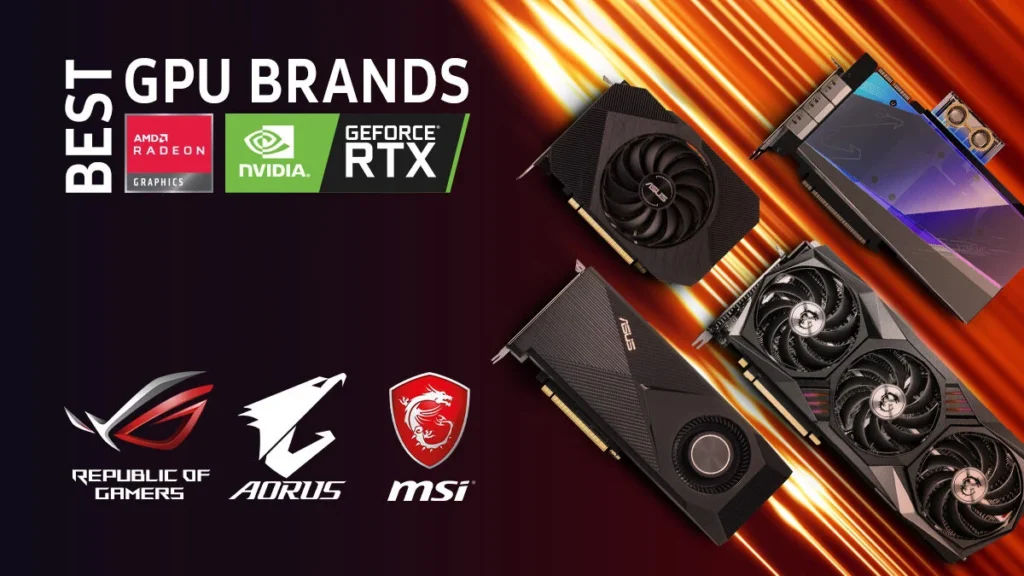
Performance Variations
Different GPU brands and manufacturers offer varying levels of performance. While NVIDIA and AMD are the primary competitors, each brand provides multiple models tailored to different needs, from entry-level gaming to high-end professional graphics. Performance can vary significantly even within the same brand, depending on the specific model and configuration.
Feature Sets
GPU brands often include proprietary technologies and features. NVIDIA, for example, is known for its CUDA cores and DLSS (Deep Learning Super Sampling) technology, while AMD offers features like FreeSync for smoother gaming experiences. These features can enhance performance, image quality, and overall user experience.
Driver Support and Software
Reliable driver support and software compatibility are critical for optimal GPU performance. NVIDIA and AMD regularly update their drivers to fix bugs, improve performance, and add new features. The quality and frequency of these updates can affect the longevity and efficiency of your GPU.
Build Quality and Cooling Solutions
The build quality and cooling solutions provided by different GPU brands can also vary. Some manufacturers offer enhanced cooling solutions, quieter operations, and better durability. This can affect both the GPU’s performance and its longevity.
Customer Support and Warranty
The level of customer support and warranty services can differ among GPU brands. Good support can be invaluable if you encounter issues or need assistance with your graphics card.
Factors Affecting GPU Performance:
Understanding how different factors impact GPU performance can help you make an informed decision about which brand and model to choose.
- Core Clock Speed The core clock speed, measured in MHz or GHz, indicates how fast the GPU’s processor can run. Higher clock speeds generally translate to better performance, but the actual impact varies depending on the GPU architecture and cooling solutions.
- VRAM (Video RAM) VRAM is crucial for handling high-resolution textures and complex scenes. GPUs with more VRAM can manage larger datasets, which is particularly important for gaming at higher resolutions or working with detailed 3D models.
- GPU Architecture Different brands use various architectures to design their GPUs. NVIDIA’s Ampere architecture and AMD’s RDNA 2 architecture are examples of cutting-edge technologies that impact performance, power efficiency, and support for modern features.
- Thermal Design Power (TDP) TDP measures the maximum amount of heat a GPU can generate under load. A GPU with a higher TDP might require better cooling solutions and can affect the overall stability and performance of your system.
- Power Consumption Efficient power consumption is important for maintaining system stability and reducing electricity costs. Different GPUs have varying power requirements, and it’s essential to match these with your system’s power supply unit (PSU) capacity.
Can I mix different GPU brands in one system?
While it is technically possible to use GPUs from different brands in the same system, it is generally not recommended due to potential compatibility and performance issues. It’s best to use GPUs from the same brand and model.
Also Read: Is Blender CPU or GPU Intensive – Boost Your Blender Workflow!
Comparing Major GPU Brands:
NVIDIA
NVIDIA is renowned for its powerful GPUs and cutting-edge technologies. The company’s GeForce and Quadro lines cater to gamers and professionals, respectively. Key features of NVIDIA GPUs include:
- CUDA Cores: Enable parallel processing for enhanced performance in tasks like gaming and rendering.
- DLSS: Uses AI to boost performance and image quality.
- Ray Tracing: Provides more realistic lighting and shadow effects in games.
AMD
AMD offers competitive GPUs through its Radeon and Radeon Pro series. Known for providing excellent performance at a more affordable price, AMD GPUs include features such as:
- FreeSync: Reduces screen tearing and stuttering during gaming.
- Infinity Cache: Enhances bandwidth and performance in high-resolution gaming.
- RDNA Architecture: Focuses on efficiency and high performance.
Does the GPU brand affect gaming performance?

Yes, the GPU brand can affect gaming performance. Different brands offer various levels of performance, features, and optimizations. It’s essential to choose a GPU that matches your gaming needs and system requirements.
Brand-Specific Considerations:
When choosing a GPU brand, consider the following aspects:
- Price-to-Performance Ratio Different brands offer varying price points for similar performance levels. AMD often provides competitive pricing, making it a good option for budget-conscious users, while NVIDIA’s higher-end models may offer premium features.
- Compatibility Ensure that the GPU you choose is compatible with your system’s motherboard, power supply, and case size. Check for specific requirements or limitations based on the GPU’s brand and model.
- Future-Proofing Investing in a GPU that supports the latest technologies and standards can help future-proof your system. Consider brands and models that align with upcoming advancements in gaming and graphics processing.
Which Changes Really Matter?
When upgrading your GPU, the changes that really matter are performance improvements, such as faster processing speeds and more VRAM, which directly affect gaming and rendering quality. Additionally, enhancements like better cooling systems and advanced features (e.g., ray tracing, DLSS) can significantly improve your experience. Make sure these upgrades align with your needs and the demands of the latest software or games you use.
Key Considerations When Choosing a GPU Brand:
When deciding which GPU brand to choose, consider the following aspects:
Intended Use
Determine whether your primary use is gaming, professional graphics work, or general computing. Brands like NVIDIA and AMD cater to different needs, so choosing a brand that aligns with your primary use can enhance performance and efficiency.
System Compatibility
Ensure that the GPU brand you select is compatible with your system’s motherboard, power supply, and other components. Check for compatibility with existing hardware to avoid any potential issues during installation.
Budget Constraints
Balance your budget with performance requirements. High-end GPUs offer superior performance but come at a higher cost. Evaluate your needs and choose a brand that provides the best value for your investment.
Also Read: Usps Broken Gpu – A Comprehensive Guide!
Brand Loyalty and Preferences
Some users may have preferences based on past experiences or brand loyalty. While personal preference is valid, it’s essential to base your decision on objective factors like performance benchmarks and feature sets.
How important is GPU cooling?
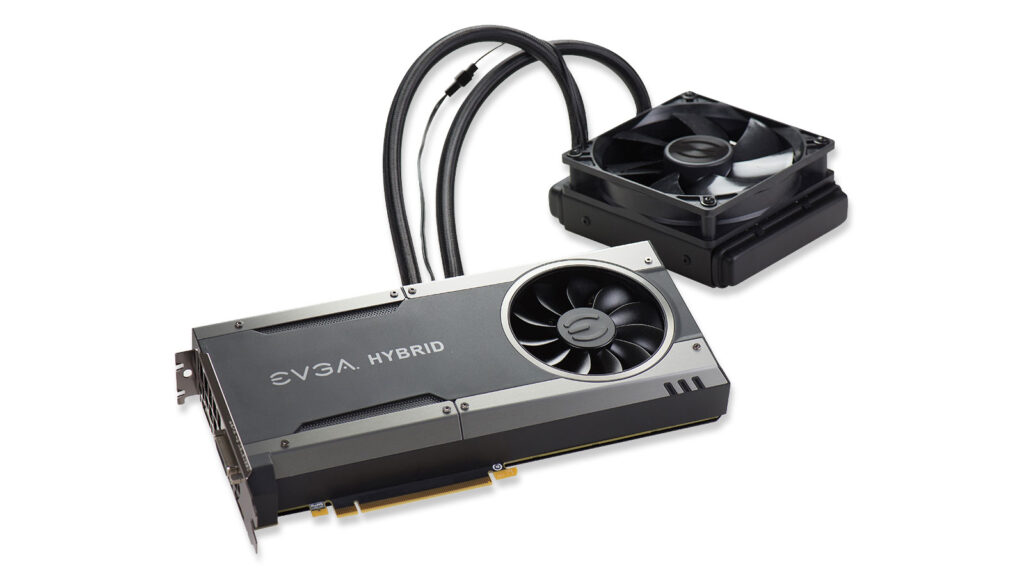
GPU cooling is essential for keeping your graphics card running smoothly. Effective cooling solutions prevent the GPU from overheating, which can cause the card to slow down to avoid damage, known as performance throttling. Overheating can also shorten the GPU’s lifespan. Proper cooling ensures your GPU performs at its best and lasts longer.
Does graphics card brands matter?
Yes, graphics card brands matter because they can affect performance, features, and reliability. Different brands, like NVIDIA and AMD, offer varying levels of performance and unique technologies, such as ray tracing or AI enhancements. The choice of brand can influence how well the card performs in games or professional applications and the quality of customer support and driver updates you receive.
FAQ’s:
1. Are there significant price differences between GPU brands?
Price differences can be significant, with AMD often providing more budget-friendly options compared to NVIDIA’s higher-end models. It’s important to consider both performance and cost when selecting a GPU.
2. What should I look for in GPU driver support?
Look for regular driver updates that address bugs, improve performance, and add new features. Good driver support ensures compatibility with the latest games and applications.
3. How does VRAM impact GPU performance?
VRAM affects the GPU’s ability to handle high-resolution textures and complex scenes. More VRAM allows for better performance in gaming and professional applications, particularly at higher resolutions.
4. Is it worth upgrading to a higher-end GPU?
Upgrading to a higher-end GPU can be worth it if you need better performance, higher resolution support, or advanced features. Evaluate your current system’s limitations and future needs to determine if an upgrade is beneficial.
5. Do GPU brands affect software compatibility?
Yes, different GPU brands may offer varying levels of software and driver support. Regular driver updates and compatibility with the latest games are crucial for optimal performance.
Conclusion:
Choosing the right GPU brand can significantly impact your computing experience, affecting everything from performance to reliability and support. Whether you prioritize cutting-edge features, budget constraints, or specific performance needs, understanding the strengths and differences between GPU brands will help you make an informed decision.
Read More:
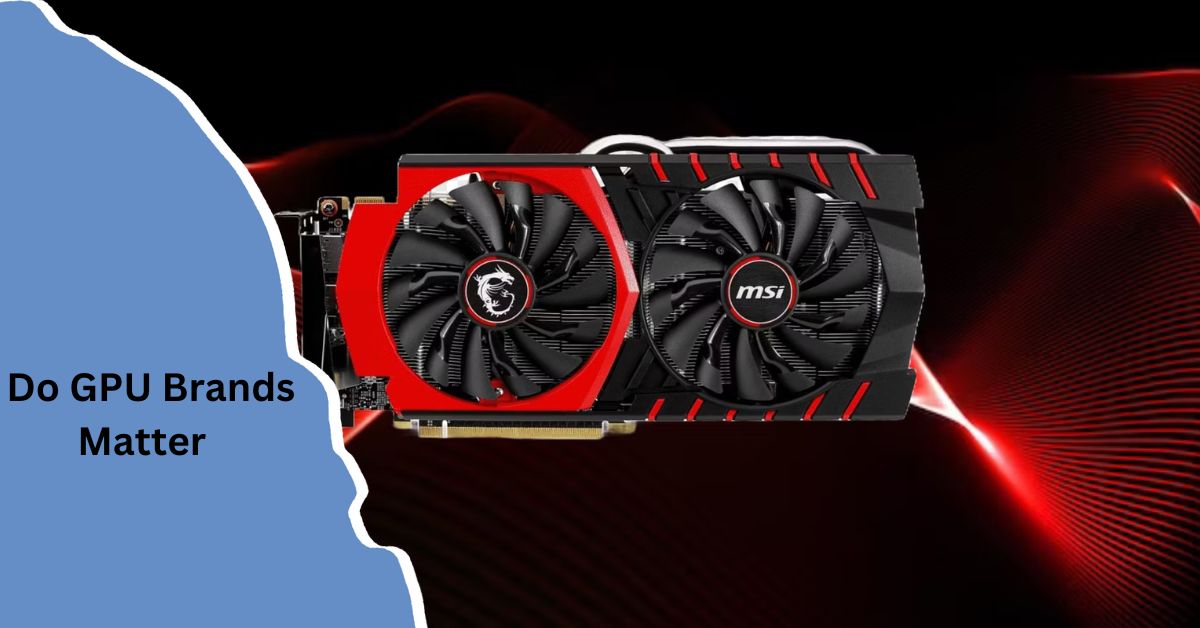
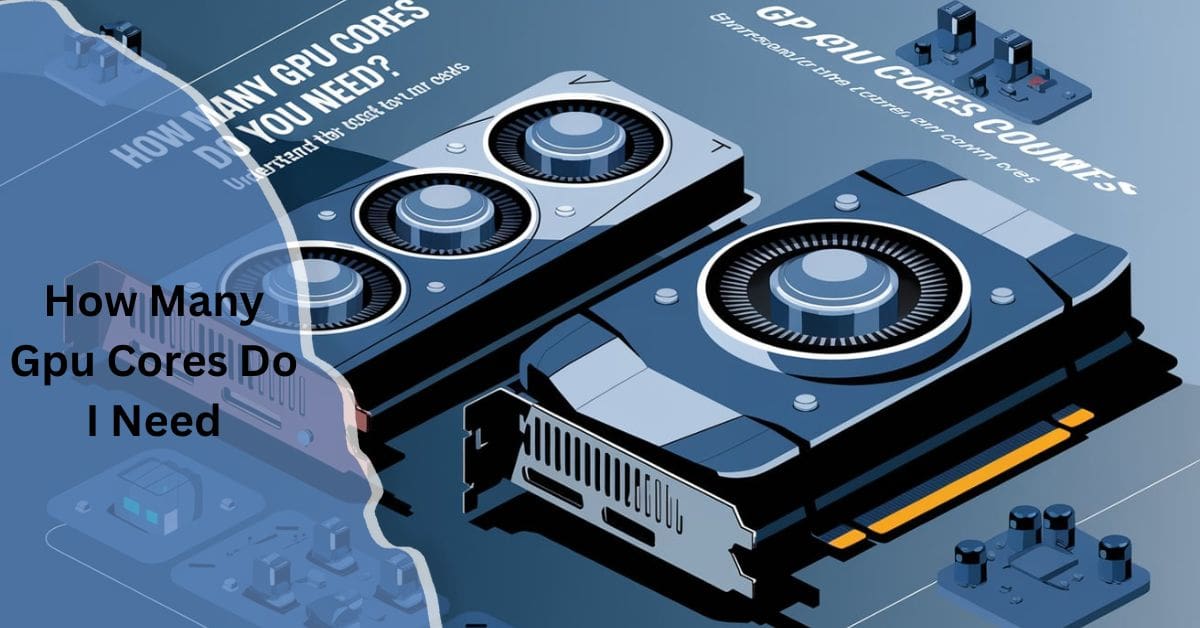
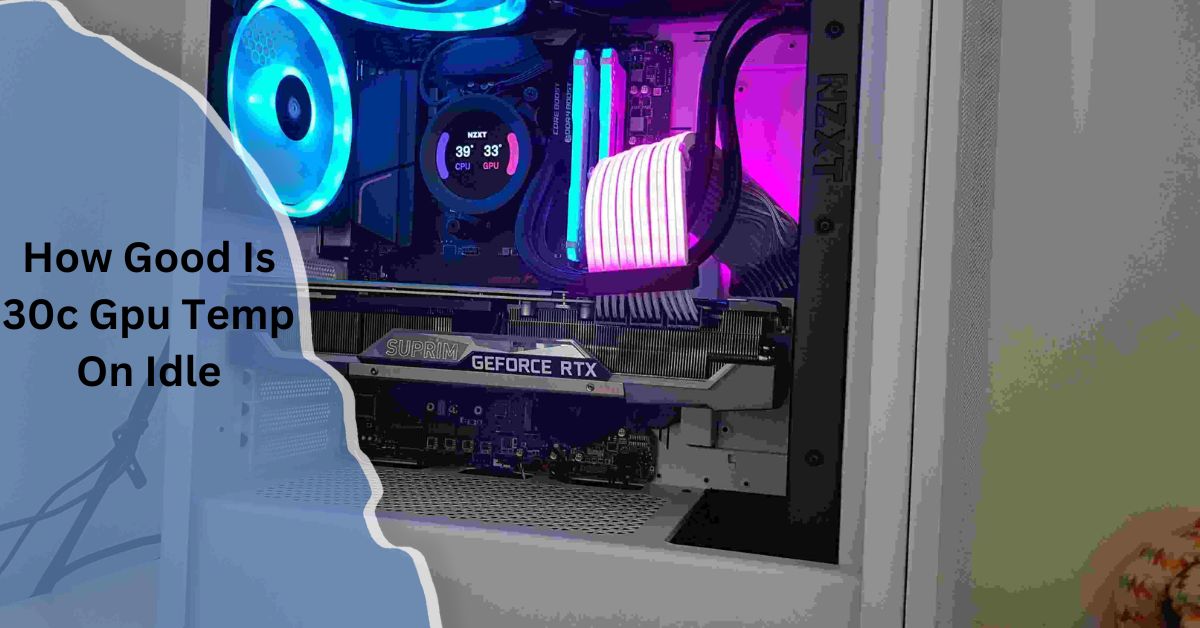
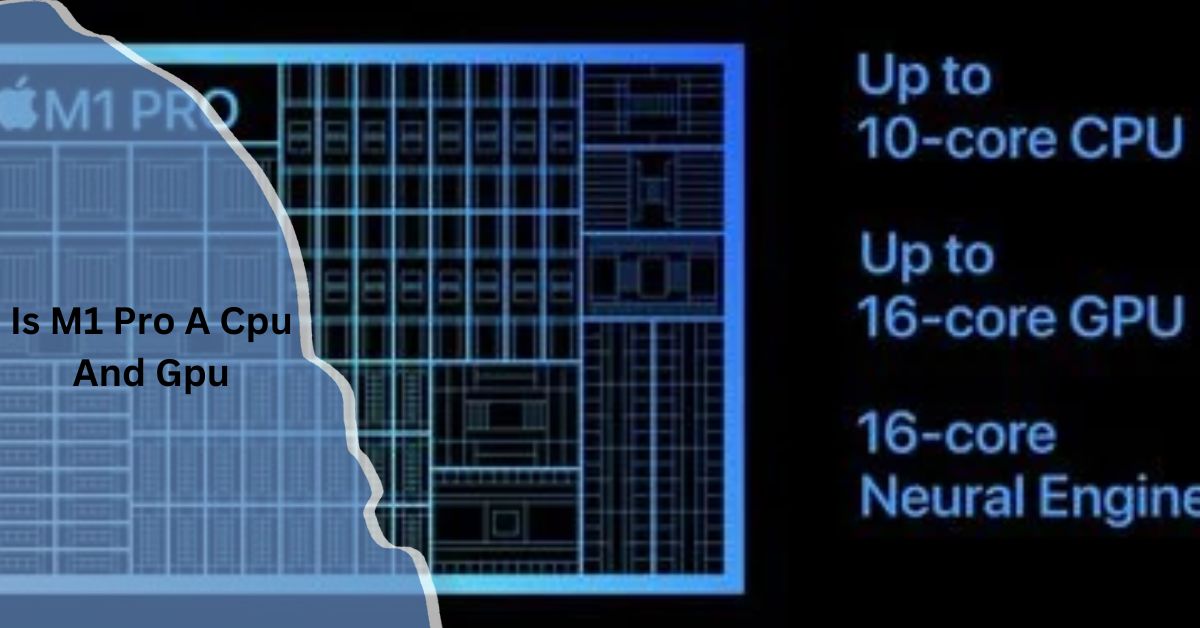









Post Comment